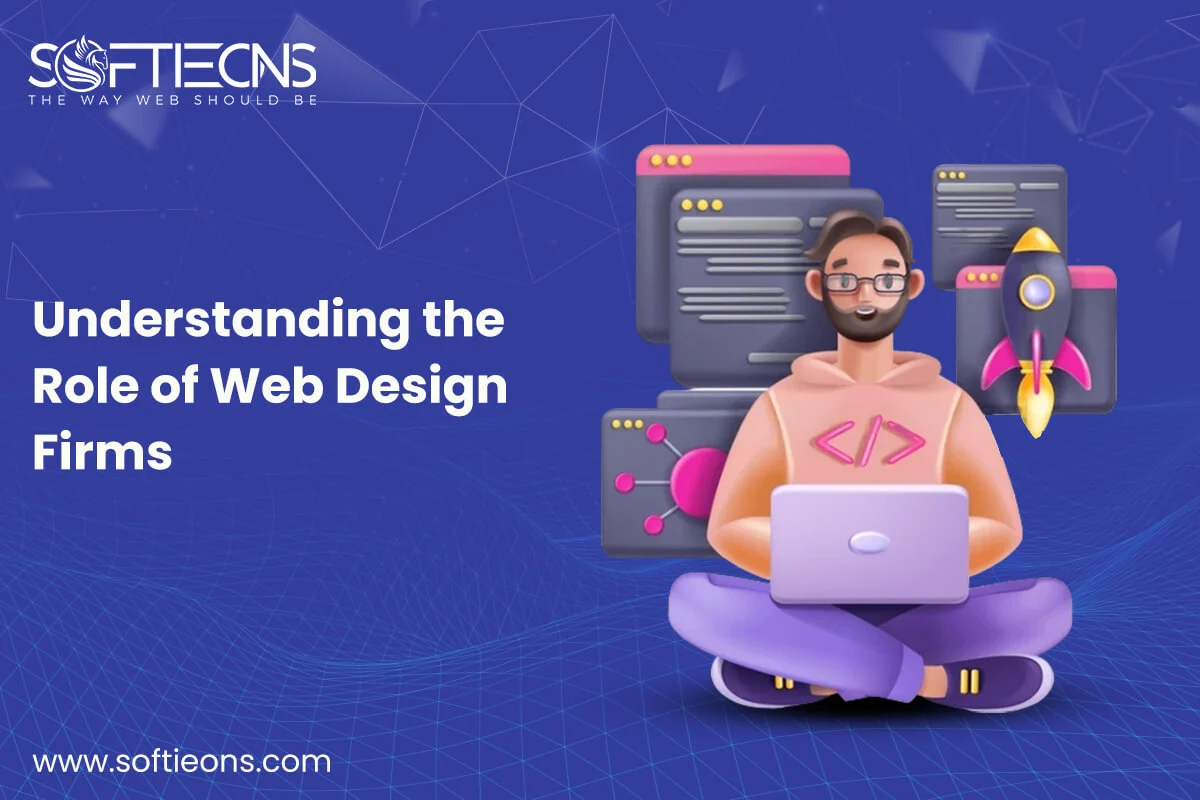Importance of Digital Transformation in the Manufacturing Industry
Wed, 14 Apr 2021
It’s all about the fourth industrial revolution that is all set to change the development process using advanced technologies and manufacturing IT solutions including smart sensors and actuators. As a result, manufacturers are gaining advantages from increased operational visibility, cost minimization, faster production times, and excellent customer support. The only way manufacturers can take a leap ahead of rivals and gain market share and adopt the new technologies in growth-driven Industry 4.0. From Enterprise Mobility Solutions to new technology, digital transformation is essential to the development and implementation of manufacturing growth strategies.
Several factors need to be considered. It is equally important to understand how IT solutions for the manufacturing industry will impact the financial performance of the enterprise and drive the enterprise towards high performance.
IoT is the Next Big Thing – Manufacturers can use the Internet of Things (IoT) strategically which forms an intrinsic ecosystem of connected devices within an established infrastructure. IoT can achieve objectives such as cost reduction, improved performance, increased protection for staff, and product innovation. The existence of IoT is largely due to Internet access, smaller sensors, and cloud computing. Innovation steers market growth and technology helps manufacturers to change rapidly in an increasingly digital-first market world.
Big Data is Helping Manufacturers Achieve More – Businesses can use advanced analytics to gain insights into historical process data, identify trends between processes, and automate factors to develop optimal processes. The development of cloud infrastructure and applications enables businesses to collect data from several sources that make big data accessible.
VR and AR to Create Win-Win Situations – Emerging technologies that offer highly immersive environments such as Augmented Reality (AR) and Virtual Reality (VR) will continue to create beneficial collaborations for impacting producers. VR will allow seamless integration with computer-aided designs, allowing product developers to use VR and make product adjustments during the product design phase before modeled and manufactured.
Blockchain’s Potential will Change the Manufacturing – Implementations with Blockchain will streamline operations and offer greater visibility in the supply chain. It comes down to accurate monitoring of assets with features such as transparency, accessibility, security, and traceability. Blockchain has completely transformed product design, development, and scaling. Through improving supplier order accuracy and inventory consistency, suppliers can meet production deadlines and increase product quality and sales.
Artificial Intelligence – Most supply chains in manufacturing will continue to develop into smart networks with real-time information, automation, and integration of legacy systems, and ensure consistency of distribution and quality parameters. With Artificial Intelligence and Business Analytics, manufacturers are pursuing an effortless convergence of on-premise legacy, third-party, and cloud-based applications into a single, centralized platform that connects with suppliers and allows for greater speed and scale.
POPULAR POSTS
Shopify vs. WordPress: Which one is best for e-commerce?
Wed, 07 Apr 2021Role of IoT in the Real Estate Industry
Wed, 14 Apr 2021Why UX And UI Is Important For Mobile Application Development
Sat, 01 May 2021Telemedicine's Advantages in Nursing Homes
Fri, 24 Dec 2021RECENT POSTS
Flutter vs. React Native: Which One to Choose in 2024?
Mon, 22 Apr 2024Exploring the Benefits of Professional Website Design Companies
Fri, 29 Mar 2024Understanding The Role Of Web Design Firms
Fri, 22 Mar 20245 Benefits Of Using Angular For Your Web Development
Tue, 05 Mar 2024









